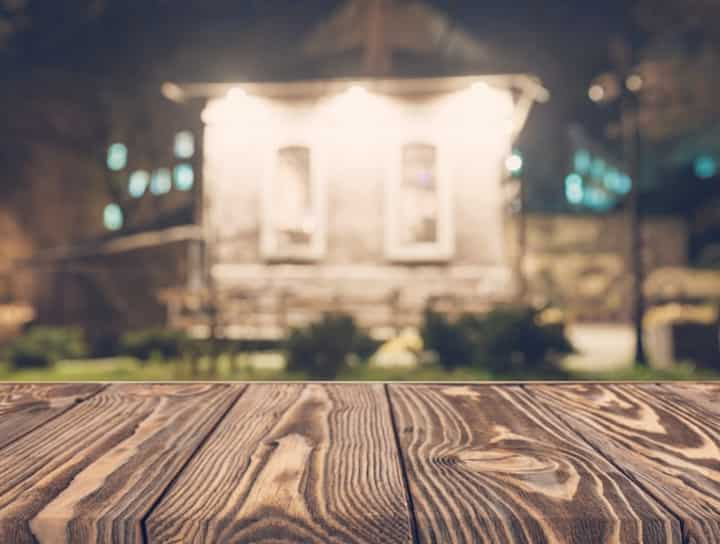
The Ultimate Guide to Choosing the Best Decking Material for Your Custom Deck
Building a custom deck is an exciting project that can enhance the aesthetic appeal and functionality of your outdoor space. However, selecting the right decking material is crucial to ensure longevity, durability, and the desired look. With a variety of options available, it can be challenging to make an informed decision. This guide provides an in-depth analysis of different decking materials, their benefits, and considerations to help you choose the best fit for your custom deck.
Natural Wood Decking
Natural wood remains a popular choice for decking due to its timeless beauty and natural charm. There are several types of wood to consider, each with unique characteristics:
- Cedar: Known for its rich color and resistance to rot and insects, cedar is a lightweight, yet durable option.
- Redwood: Offers a stunning visual appeal with its natural hues and is naturally resistant to moisture and pests.
- Pressure-treated Pine: More affordable than other wood types, treated pine is chemically enhanced to resist rot and insects.
While natural wood can provide a classic look, it requires regular maintenance such as sealing and staining. Read more about this topic to maintain the beauty and integrity of your wooden deck.
Composite Decking
Composite decking has become increasingly popular due to its low-maintenance nature and long lifespan. Made from a blend of wood fibers and plastic, composite boards are designed to mimic the look of natural wood without the upkeep.
- Durability: Composite decks are resistant to rot, splintering, and insect damage.
- Variety: Available in a range of colors and textures to suit different design preferences.
- Eco-friendly: Often made from recycled materials, contributing to sustainable building practices.
Though initially more expensive, composite decking's longevity and minimal maintenance can offer savings over time. Learn more in this detailed guide about the advantages of composite decking.
Vinyl Decking
Vinyl, also known as PVC decking, is a synthetic option that offers extreme durability and minimal maintenance. It's ideal for homeowners looking for a long-lasting, hassle-free solution.
- Waterproof: Ideal for areas with high humidity or frequent rainfall.
- Fade-resistant: Maintains its color over time, even under harsh sunlight.
- Low-maintenance: Requires only occasional cleaning to keep it looking new.
Vinyl decking is often priced similarly to composite options but can offer superior resistance to environmental elements. Explore further insights here on why vinyl might be the right choice for your deck.
Aluminum Decking
Aluminum decking is a less common choice but offers unmatched durability and a modern aesthetic. It's perfect for those willing to invest in a premium, long-term solution.
- Strength: Extremely strong and can support high weight capacities.
- Weather-resistant: Does not warp, crack, or splinter.
- Fire-resistant: Offers peace of mind in areas prone to wildfires.
While the cost of aluminum decking is higher, its resilience and low maintenance can justify the investment. Find additional information here to determine if aluminum is right for your project.
Considerations for Choosing the Right Material
When selecting decking material, consider the following factors to make the best choice for your needs:
- Budget: Determine your budget and compare the cost of materials and long-term maintenance.
- Climate: Consider the weather conditions in your area and choose materials that can withstand local climates.
- Maintenance: Assess how much time and effort you're willing to invest in maintaining your deck.
- Style: Choose a material that complements your home’s design and your personal aesthetic preferences.
For additional guidance, learn more in this detailed guide to make an informed decision. Also, check out customer reviews here to see what others have to say about their decking experiences.